 Dilruba Ahmed was recently interviewed for the Four Way Review. Read an excerpt of the interview below:
Dilruba Ahmed was recently interviewed for the Four Way Review. Read an excerpt of the interview below:
FWR: In an interview with the New England Review, you stated that, “I’m interested in the ways that—particularly during difficult times—a seemingly small act can contribute to a greater purpose. And how those acts, even when they occur in relative isolation, can bind people together toward a common goal.” While I know this is a reflection on your first book, Dhaka Dust, I think this speaks to your writing in Bring Now the Angels, as well. Illness frames much of the text, as you reflect on “SickDad” and how cancer impacted your family with an eye towards the minute detail.
In the poem “Local Newspaper, Floating Photographer, Father’s Day Edition”, you describe images of vitality: “Describe your father. / Midnight scrambled eggs each New Year’s Eve. The insistence: ‘say yes to cake’ … Describe your father / Why do children keep growing, in their small and ignorant bliss?” Each of these small moments construct a man and a life, and by sharing these moments of specificity with your reader, you have brought us into this man’s life more effectively than broad strokes. In this movement from the broad (father; illness) to the keyhole (“pizza purchased for men searching dumpsters in Columbus”), did you find it easier to write about small moments? How did you find the lens with which to view these grander, binding moments?
Dilruba Ahmed: My new book, Bring Now the Angels: Poems, is an extended meditation on loss, both personal and public. In the personal realm, the poems mourn the many losses associated with chronic disease and terminal illness in the Western world. During a 3-year battle with multiple myeloma, my father lost his health, his mobility, and his typical daily activities. Some changes were sudden and dramatic; other losses accrued slowly.
The ripples kept growing. We experienced a loss of confidence in Western medicine, which both saved my father and destroyed him, and for me, in faith. The disappearance of our bearings and touchstones transformed the world into a place suddenly strange and unfamiliar.
The situation was painfully personal, but everything happened within a larger context. We witnessed firsthand the cost of being ill in America: the associated expenses, maltreatment, discriminatory practices, and reckless over-use of painkillers. Not to mention access issues to dialysis centers and the related questions about quality of treatment and quality of life. In each health care facility, for every deeply caring and attentive health care professional, there were physicians who were out of touch with their patients and the mission to heal. My family members and I experienced the corruption and carelessness of our country’s healthcare system even as a few shining stars gave my father the best possible medical attention he could have requested.
While small moments often sparked poems like this one, in my revisions I’ve tried to consider their larger contexts so I’m not just “zooming in” but also “panning out.” I’m making an effort to examine the layers surrounding personal moments by asking, “What are the social, cultural, and historical contexts relevant to this poem? Who has been represented here, and who has been erased?” Claudia Rankine has called for white writers to examine how the racist history of our country has shaped mainstream thinking about both whites and people of color—and our representations of both. From the intersections of my identity, there’s still work to do as well.
These questions have led to deeper revisions, as with the title poem of my new book, “Bring Now the Angels,” which began as a measured acceptance of a terminal diagnosis and the adjustments accompanying physical and cognitive losses. In subsequent revisions, I situated personal loss in more universal ways, focusing less on the diagnosis and more on the indictment of a society that permits the vulnerable to suffer under dismal conditions, with poor medical treatment and exorbitant costs. I revised from a first-person narrator to an oracular, choral voice that bears witness to maltreatment, misuse of addictive painkillers, and debt.
Read the rest of this interview here: http://fourwayreview.com/interview-with-dilruba-ahmed/
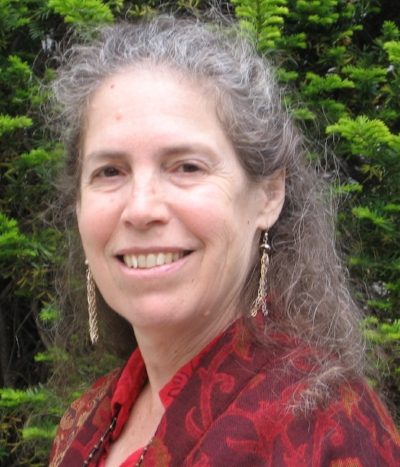 Poetry graduate Susan Jo Russell recently had two poems featured in the Leon Literary Review. Read an excerpt of “Eve Walking Through” below:
Poetry graduate Susan Jo Russell recently had two poems featured in the Leon Literary Review. Read an excerpt of “Eve Walking Through” below: 

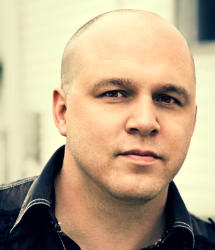
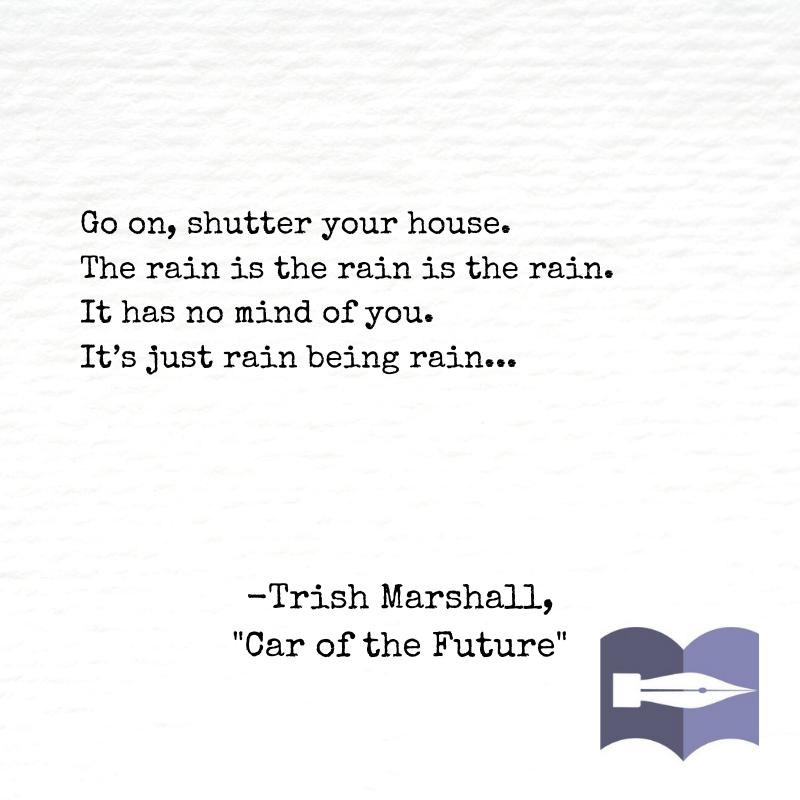
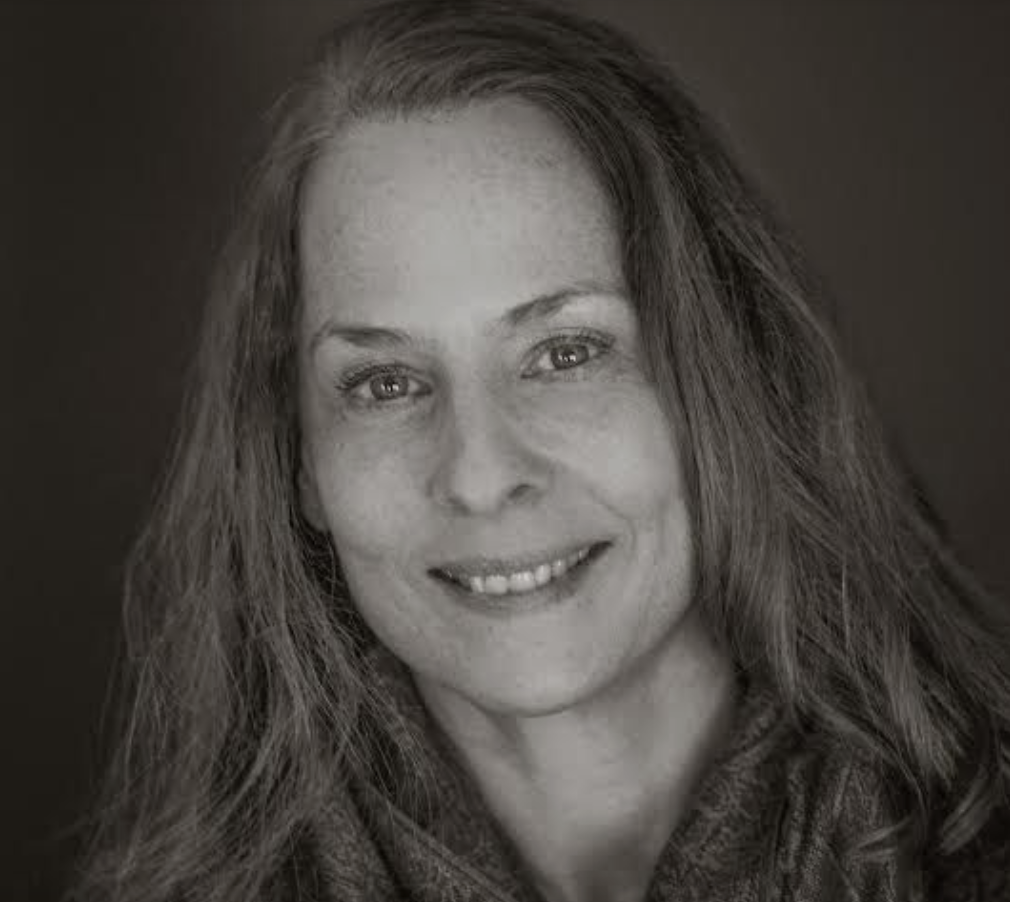 “
“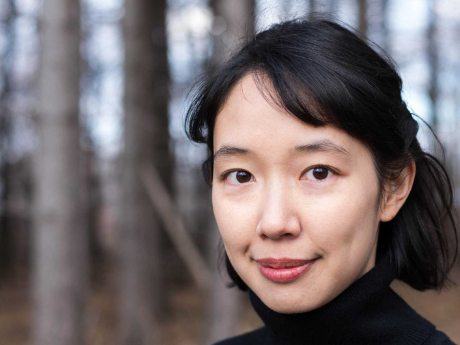 “
“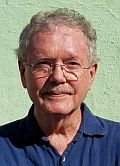 MFA faculty member
MFA faculty member 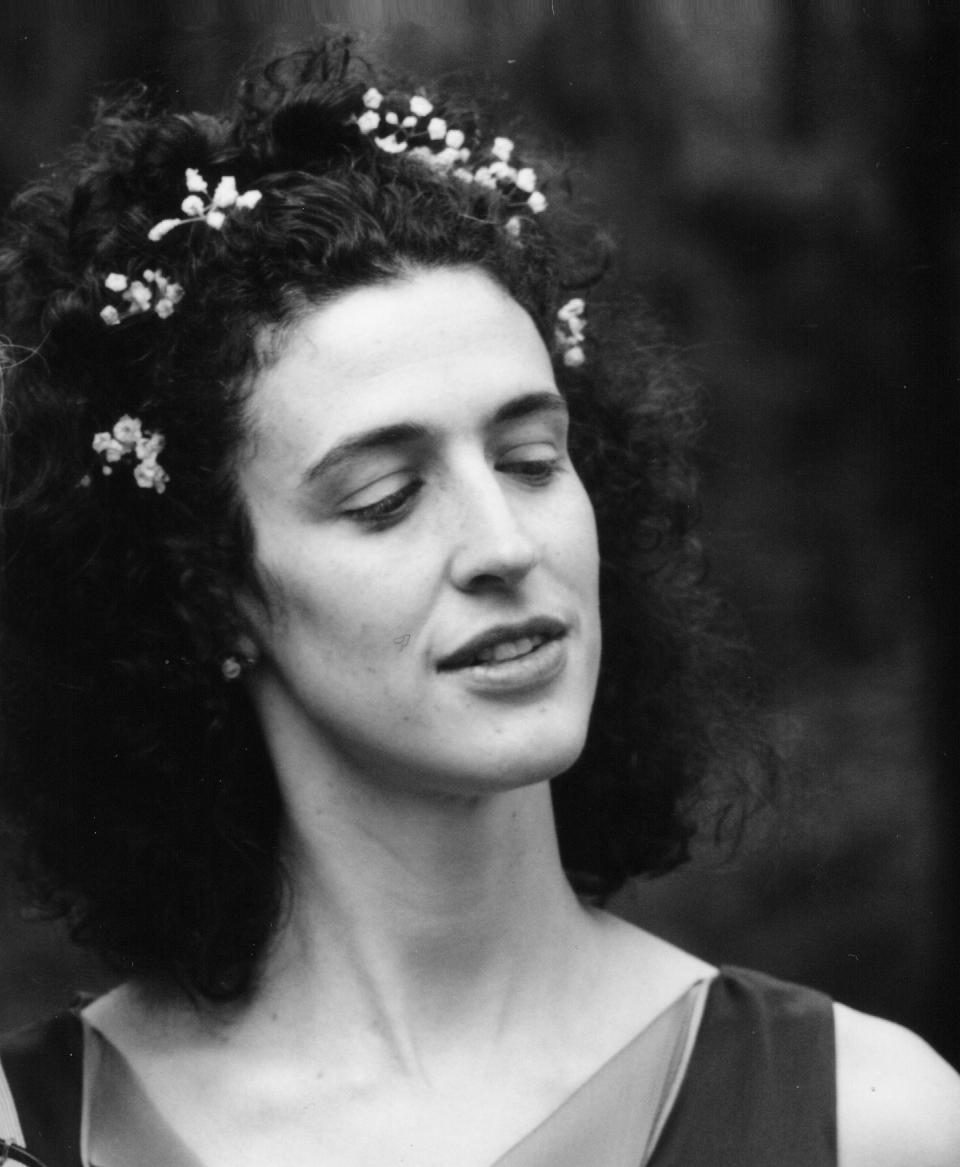 Faculty member
Faculty member 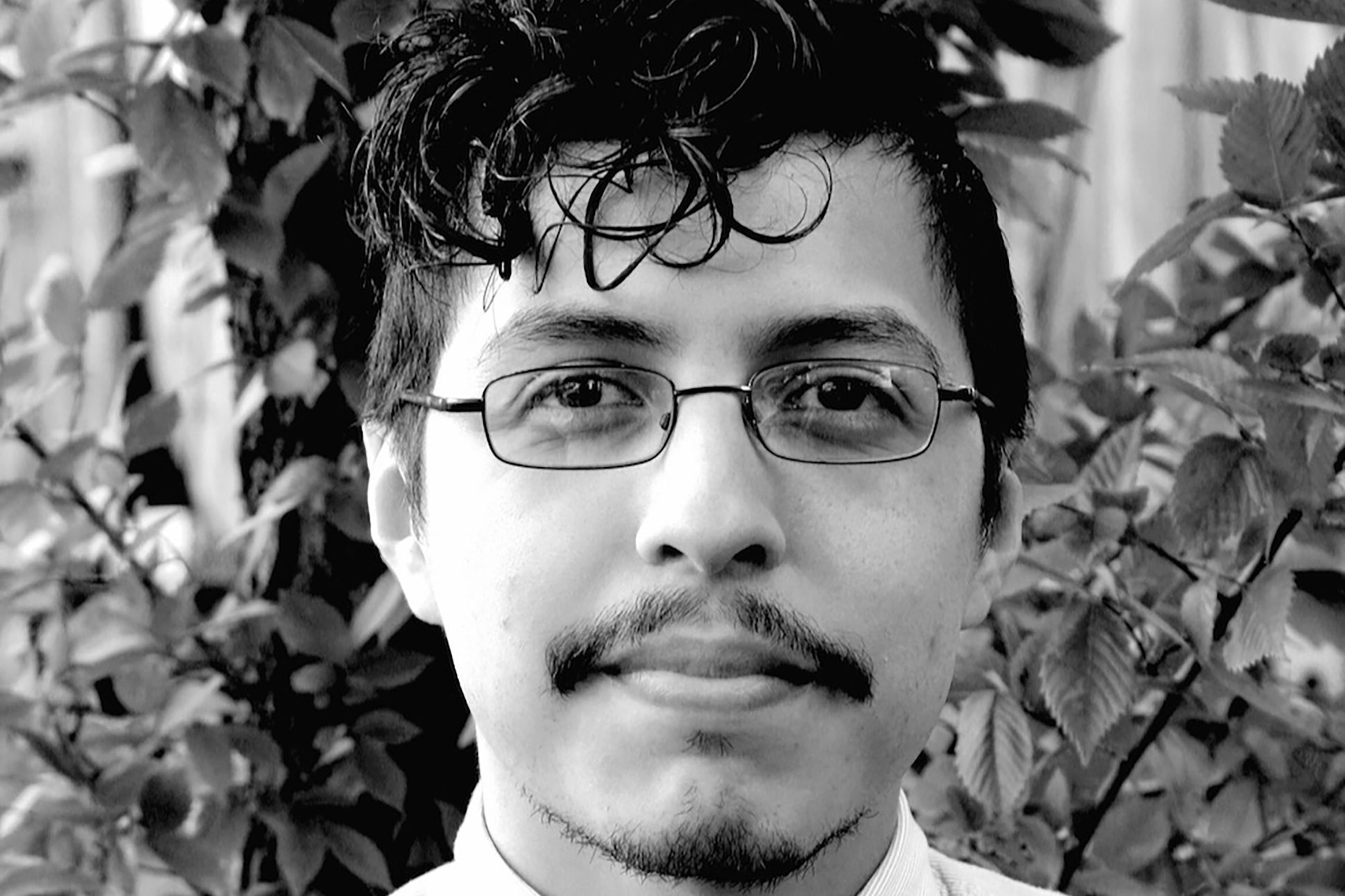 “
“
